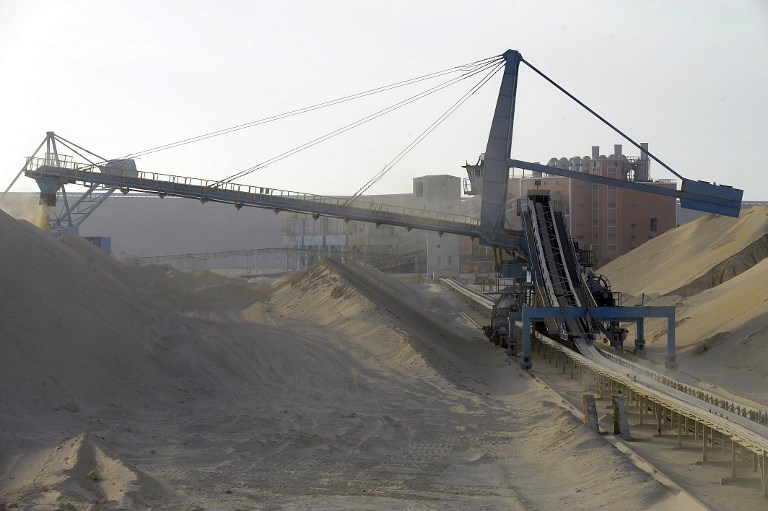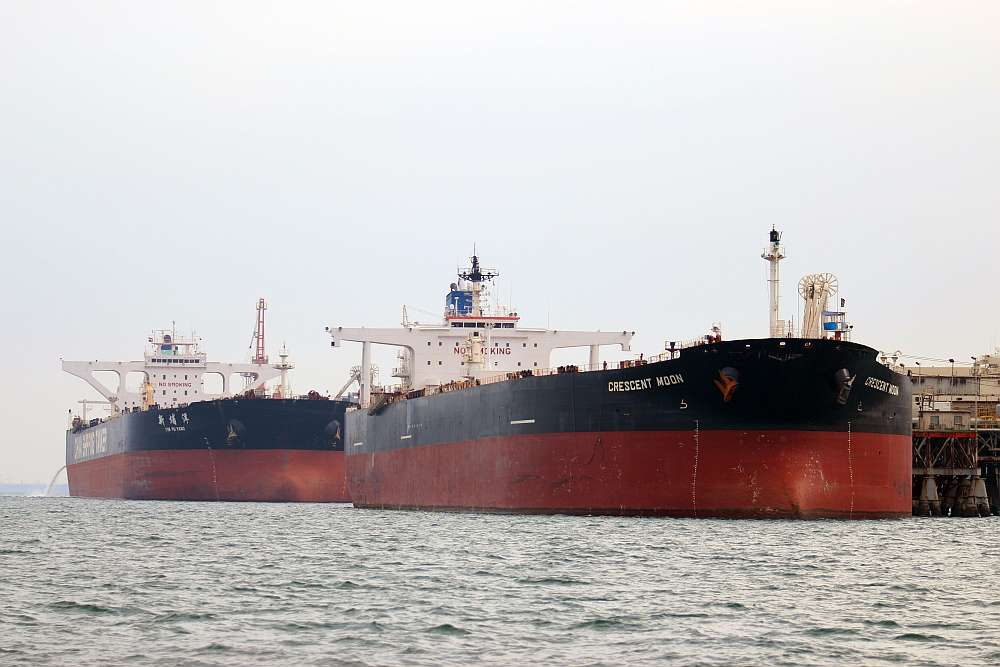São Paulo – Brazil’s exports to the Arab countries totaled USD 6.05 billion from January to July, down 15.38% over the same period of last year. It has sent, in the period, 22.48 million tons of goods, up 6.08% in the same comparison. The data is from the Arab Brazilian Chamber of Commerce.
According to the organization, revenues dropped due to a decline in international prices of the items exported by Brazil, trade barriers imposed to poultry, greater competition from Australia regarding beef and the truckers’ strike that took place at the end of May, beginning of June.
However, the increase in volume exported shows that demand for Brazilian goods remains strong in the region.
According to the Arab Chamber, a considerable part of the decline in revenues is explained by the higher-than-expected sugar crop, the main product exported to Brazil to the Arabs. Thus, the commodity prices are pushed down in the international market, which drives Brazilian producers to funnel sugar cane output to ethanol production rather than sugar production for exports.
Besides, Saudi Arabia has been questioning the slaughtering of chicken in Brazil. The country is the main destination for the product. Saudis are questioning the practice of stunning the animal before the slaughtering. The electrical stunning reduces losses, since the animal doesn’t struggle and, therefore, doesn’t damage the meat. The requirement made by the Saudis is a concern especially to the small-size companies.
“Brazil must pay attention to this situation. We have the tradition of supplying to the Arabs, the fourth main destination of Brazilian exports [overall], value-added poultry and our efforts should continue in this regard,” said the Arab Chamber’s president, Rubens Hannun.
However, soy exports climbed 37.48% over 2017’s first seven months to USD 212.19 million; maize exports went up 42.9% to USD 183.53 million; iron ore increased 34.72% to USD 851.65 million; and beef exports went up 1.39% to USD 513.86 million.
In July, Brazil’s exports to the Arabs generated USD 934.2 million, sliding 15.5% over the same month of last year.
Imports

However, imports surged 40.7% last month in comparison to July of 2017 to USD 702 million. Purchases of oil and products and fertilizers strongly increased, 45.34% and 32.23%, respectively, the two group of products most sold by the Arabs to Brazil. (In the picture above, oil tankers being loaded in Iraq)
As ANBA recently reported in a special feature, the Energy Research Office (EPE), a body of the Ministry of Mining and Energy, stated that “a smaller purchase [of oil] in H1 can be balanced out by a larger one in H2,” and July is the first month of the second half.
Regarding fertilizers, the increase takes place just before the 2018/2019 planting season in September.
Year-to-date, imports totaled USD 3.86 billion, down 0.6% over 2017’s first seven months. Imports of oil and products went up 2% in the period, while imports of fertilizers dropped 18.42%. The truckers’ strike delayed the delivery of fertilizers in May. In the year’s first half, Brazil’s overall imports of fertilizers declined.
Translated by Sérgio Kakitani




